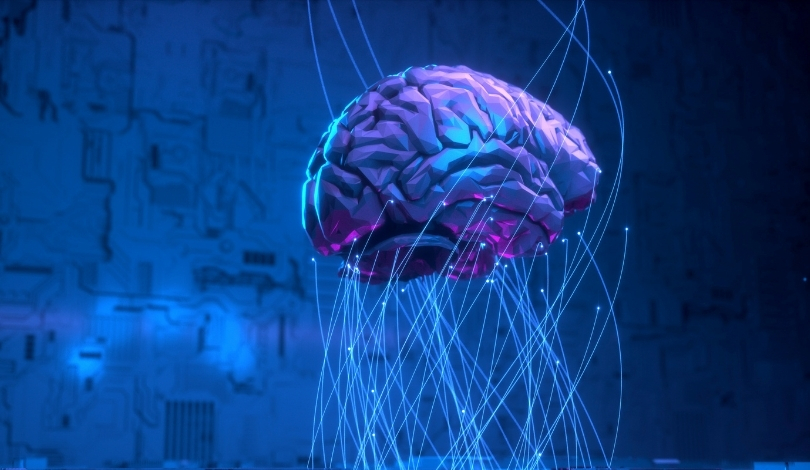Artificial Intelligence’s foray into the music industry has generated significant debate regarding creativity, copyright, and the future of music. Industry stakeholders are grappling with the implications of AI-generated songs, raising critical questions about the balance between technological advancement and human artistry. This emerging issue encompasses both ethical concerns and legal complexities, making it a pivotal moment for the music industry.
Earlier concerns about the impact of technological advancements like synthesizers and drum machines on the music industry have resurfaced with the advent of AI-generated music. While past fears proved unfounded, the current controversy presents novel challenges. This time, the debate centers on whether AI can create genuinely original content or if it merely imitates human creativity, thus potentially infringing on copyright laws.
The AI Imitation Controversy
Grammy-nominated artist Tift Merritt provides a recent example that highlights the controversy. Merritt’s well-known track “Traveling Alone” was mimicked by AI platform Udio, resulting in a song titled “Holy Grounds.” Merritt expressed dissatisfaction, stating,
“This is a great demonstration of the extent to which this technology is not transformative at all. It’s stealing.”
Her reaction underscores the broader concern among artists that AI-generated music lacks genuine creativity and potentially appropriates their work.
Legal Actions by Music Giants
Major record labels, including Sony Music, Universal Music Group, and Warner Music, have taken legal action against Udio and another AI music company, Suno. The lawsuits mark the beginning of a significant copyright battle over AI-made songs. Mitch Glazier, CEO of the Recording Industry Association of America (RIAA), emphasized the stakes by stating,
“AI has great promise – but only if it’s built on a sound, responsible, licensed footing.”
The outcome of these legal disputes could set important precedents for the future of AI in creative industries.
Fair Use and Legal Complexities
Central to the legal arguments is the concept of “fair use” in copyright law, which allows some unauthorized use of copyrighted works under specific conditions. AI companies argue their creations fall under fair use, but experts caution that proving fair use for music-generating AI may be more challenging than for text-generating counterparts. Musicologist Brian McBrearty notes,
“Music has more factors than just the stream of words. It has pitch, and it has rhythm, and it has harmonic context.”
This complexity could complicate court rulings on AI-generated music.
The resolution of these cases will significantly impact artists, technology companies, and consumers. If courts rule against AI platforms, it could stifle technological innovation, while a ruling in favor could undermine the rights of human artists. Understanding the delicate balance between fostering creativity through new technologies and protecting existing artistic works is crucial for all stakeholders involved.










